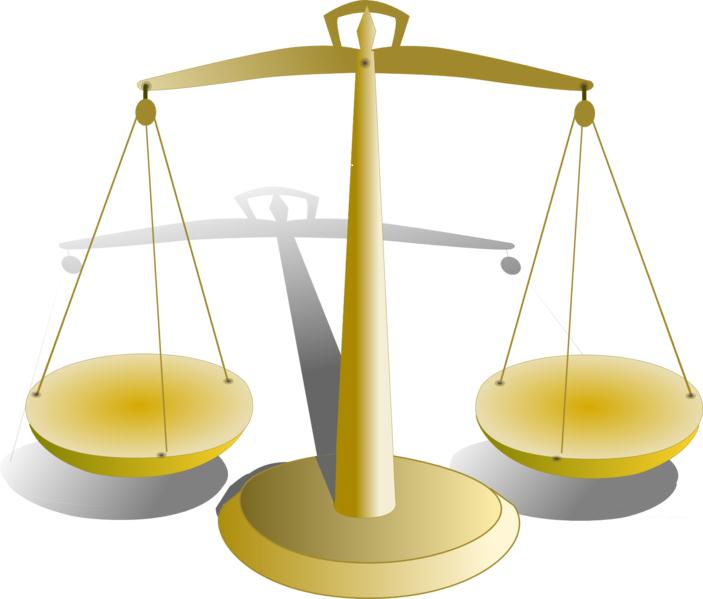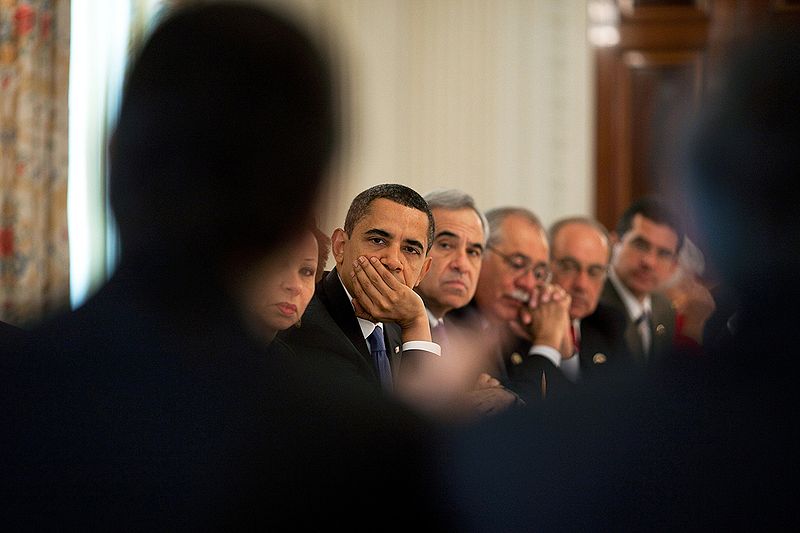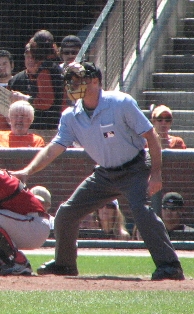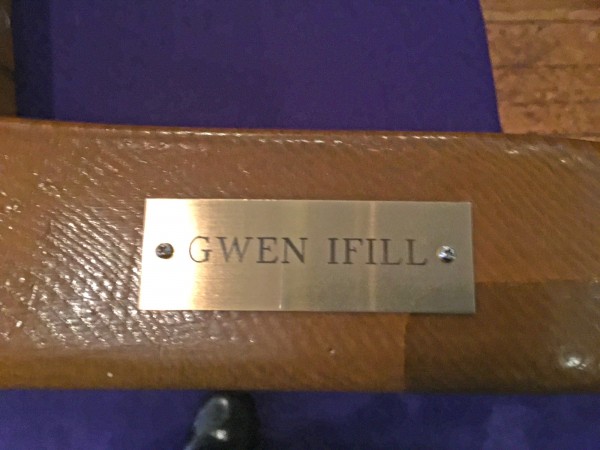 If the government wants to correct racial disparity in presidential pardons, it will require a hard look at the standards used to judge applicants and whether there is implicit bias in the way decisions are made, a wide range of experts told ProPublica.
If the government wants to correct racial disparity in presidential pardons, it will require a hard look at the standards used to judge applicants and whether there is implicit bias in the way decisions are made, a wide range of experts told ProPublica.
Some suggested that race should become an explicit consideration in assessing pardon applicants, although others said that could open the door to mere scorekeeping.
In an in-depth investigation of the presidential pardons process, published this week, ProPublica found that white applicants were nearly four times as likely to succeed as minorities, even when factors such as the type of crime and sentence were considered.
The president ultimately decides who gets a pardon, but Presidents George W. Bush and Obama have relied heavily on recommendations from the Office of the Pardon Attorney inside the Justice Department.
Standards considered by the office include judgments about whether an applicant is sufficiently remorseful or financially stable. Pardons office lawyers also have said they look at numerous factors to assess an applicant's "attitude" — but that race is not a consideration.
The Justice Department has said it is reviewing ProPublica's statistical analysis on race and other factors in the pardons process, including a finding that applicants with letters of congressional support are three times as likely to be pardoned as those without.
Jack Glaser, a University of California, Berkeley, expert on discrimination who reviewed ProPublica's analysis, said the process invites "way too much discretion."
"To the extent that they allow their staff to be making judgments into somebody's attitude — that's an entry point for bias," Glaser said. "It's not that it's a reflection of racial biases, because there are also cultural attitudes. White people understand white people better. They may not understand the outlooks of minority people as well."
Glaser suggested that the White House create strict guidelines for the process. "The more you standardize things and the more you carve discretion out of the process," he said, "the less opportunity for bias."
Many racial judgments 'happen beneath awareness'
There is disagreement on the need for stricter guidelines. Frank Dobbin, a Harvard sociologist and expert on racial bias in employment, said they had not proved effective in making hiring decisions more racially balanced.
"If the goal you want is equivalence for black and whites, the solution should not be to put in more bureaucracy to limit decision-makers' authority," Dobbin said. "The solution should probably be some oversight system where the numbers are looked at regularly, and then decisions should be revisited when it looks like there's some disparity."
Studies show that more minorities get jobs when companies track race and appoint an individual or board to independently review hiring decisions, Dobbin said.
"The ideal thing to do would be to put somebody in charge of vetting all the decisions before they're finalized," he said.
Under the current process, the deputy attorney general reviews pardon recommendations made by lawyers in the Office of the Pardon Attorney and decides whether they are forwarded to the White House. ProPublica found instances in which the pardon attorney resubmitted pardon recommendations that had been rejected by the deputy attorney general, who is the No. 2 Justice Department official.
Phillip Goff is an assistant professor of social psychology at UCLA who has partnered with police departments in Denver and elsewhere to tackle racial biases in police work. He said many racial judgments "happen beneath awareness. They happen automatically."
ProPublica's analysis showed that married applicants were likelier to get pardons, and Justice Department officials said they consider financial and family stability a plus.
But seemingly neutral factors can have racial implications, Goff said. "You have to be mindful about how you chose your factors and how much weight you put on them," he said.
"In general, is someone in a stable relationship going to do better than someone who's not?" Goff asked. "Maybe. Does that variable have the same predicting factor for black, whites, Latinos and Asians? Maybe you want to treat that differently depending on who is being evaluated."

Goff said an organization's leaders should take the issue of implicit or unintentional bias seriously — and encourage individuals to be aware of their own potential biases. "Color consciousness tends to be a better strategy than willful blindness," he said.
Then there's prosecutorial bias
Not all experts said explicit consideration of race would help.
"Do you want to keep score? Do you want there to be an official record? Is there going to be a target or a goal?" said Glenn Loury, a Brown University economics professor and expert on race and discrimination. "My view would be no."
Rather than "any conscious racial bias," Loury said, the racial disparity in presidential pardons probably stems from the difficulty of gauging something like remorse. African-Americans may react differently, for example, to the degree of contrition the pardons office requires.
Loury cautioned against jumping to conclusions about the racial disparity, and said subjectivity is a legitimate part of the process. "Something like granting a presidential pardon should stay ill-defined and mysterious," he said.
Hilary Shelton, the senior vice president for advocacy for the NAACP, said race "should not be formally considered on the [pardons] application," but the process should take income into consideration to make sure that rich and poor Americans are treated equally.
"If you have someone who is extremely poor, it doesn't mean they are any more guilty of committing a crime than someone who has resources," he said. "If you're looking at resources, capital [and] influence, African-Americans find themselves on that low end of that spectrum."
Some legal experts said the pardons office needs to deal with a different kind of bias: the Justice Department's own prosecutorial mindset.
"There are so many reasons not to grant pardons. The Justice Department prosecuted these people in the first place," said Brian Kalt, a Michigan State University law professor.
In fact, pardons officials said — and the office's written standards affirm — that applicants who claim innocence or unfair treatment by the justice system face a high burden of persuasion.
"You're placing pardons in the hands of people who have a prosecutorial bias," said Daniel Kobil, a Capital University Law School professor who has written about pardons since 1991.
Kobil suggested that the power to evaluate pardons should be taken out of the hands of the Justice Department and given to independent officials "with broader expertise and interest in dispensing clemency." That group might include officials with backgrounds in sociology psychology and philosophy, as well as victims' rights advocates, he said.
Said the NAACP's Shelton: "You almost need something akin to ... a public defender's office for pardons to do the kind of research that is able to filter through the cases and bring the best forward."
Studies show implicit bias by umps and refs
Economists who have studied the role of implicit racial bias in sports said scrutiny can have a powerful effect on reducing racial and ethnic disparities.
 Joe Price, an economist at Brigham Young University, looked at the role race plays in the way NBA referees make calls in games. In an analysis of roughly 600,000 calls, Price and his co-author, Justin Wolfers, found that referees were more likely to favor players of their own race.
Joe Price, an economist at Brigham Young University, looked at the role race plays in the way NBA referees make calls in games. In an analysis of roughly 600,000 calls, Price and his co-author, Justin Wolfers, found that referees were more likely to favor players of their own race.
Price said he thought greater transparency by the Department of Justice about the demographics of those granted and denied pardons would help address the disparity. "The solution going forward would be to lower the barriers to analyzing data," he said.
Daniel Hamermesh, an economist at the University of Texas at Austin, studied the impact of race and ethnicity on baseball umpires and found results similar to Price's.
Because most major-league umpires are white, their bias helped white pitchers and hurt minorities — even reducing salaries of the latter by $50,000 to $400,000 a year relative to whites, according to the study.
Hamermesh said the lessons for the pardons process "is to have a board of judges reflect the racial and ethnic makeup of the people they're going to be judging."
His study also found that umpires' bias essentially disappeared in stadiums that use video systems to monitor pitches and check the validity of umpires' calls.
The key, Price said, is to have someone watching the process. "If the umpire is making decisions with one of those cameras behind him," he said, "you see his bias decrease."
Portland and Seattle
Free Subscription to Breaking News
Free Subscription to Breaking News




















































































































































































































































































































































